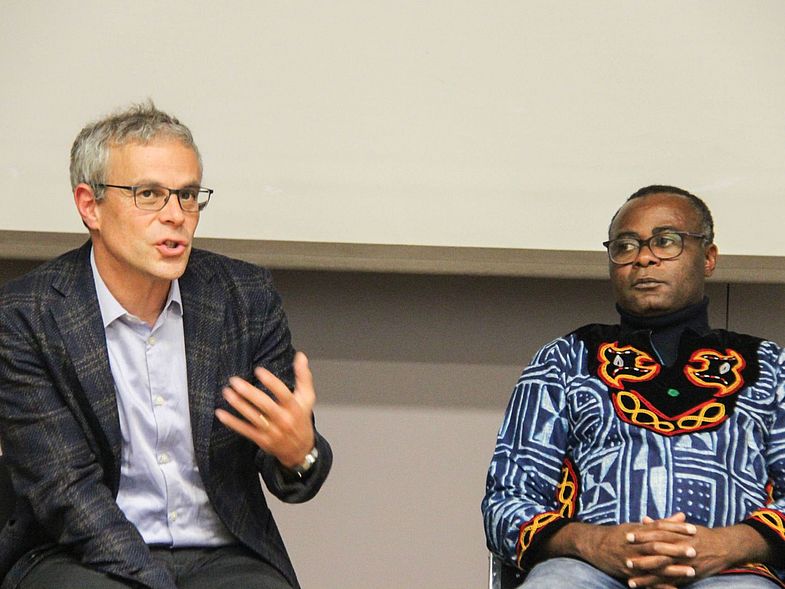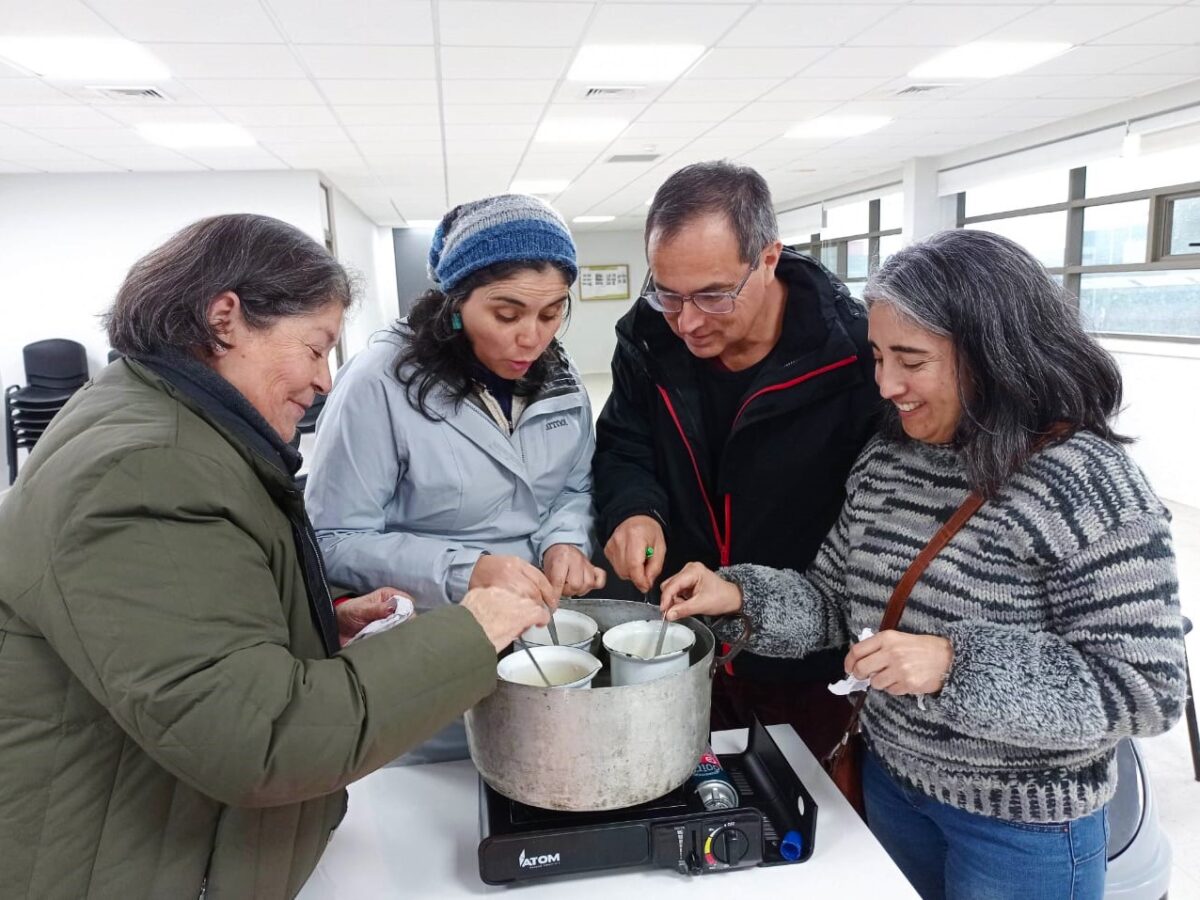The conflict in Cameroon also moves and concerns many people in Switzerland. The hall in the Mission House was filled to capacity at the event "Cameroon in Crisis" on October 31. Laurent Goetschel introduced the topic. He is a professor of political science at the University of Basel and director of the Swiss Peace Foundation (swisspeace) in Bern. He described the theoretical framework of conflicts and then went into more detail about the Cameroonian parliamentary elections of October 7, 2018.
Paul Biya, already in power for 35 years, won the elections again. There were riots and shootings. Many voters from the Anglophone provinces did not even dare to go to the polls. On the one hand, they were afraid of violence, and on the other hand, they were resigned to the fact that Biya would win anyway.
"Conflicts will exist as long as there are people," the politics professor explained. Coexistence in any society is complex, he said, and in the African context in particular, structures from the colonial era repeatedly lead to conflict. In relation to Cameroon, for example, this means that French companies still play an important role today and thus have a say in the economy and politics, which inevitably leads to tensions.
Language borders at the origin of the conflict
Lumumba Togho Mukong, regional coordinator of Mission 21 in Cameroon, addressed a specific aspect of the conflict: the French-English language border that runs through the country on the equator. Linguistic diversity is firmly anchored in Cameroon's constitution, he said. The government is thus required to respect and cultivate it. On the other hand, however, there is a linguistic divide that runs through the country's various institutions. As an example, Lumumba Mukong cited the school system, where the timetables for French and English are not coordinated, making it impossible for the two language traditions to be exchanged.
Here, too, the colonial heritage plays a role. After the colony of Cameroon was divided and passed from Germany to France and England, the language border was established. When Cameroon gained independence, the Anglophone part had the choice of joining the also English-speaking Nigeria, or the Francophone East Cameroon. Cultural unity was invoked and East Cameroon was chosen. But to this day, the central government still lacks appreciation for the provinces in the west and their linguistic traditions, according to Lumumba Togho Mukong.
Visitor experience
An interesting element of this event were the contributions of the numerous visitors. Some of them have spent part of their lives in Cameroon and brought their experience and knowledge into the round. This resulted in an engaged discussion with many exciting questions that further deepened the topic of the crisis. The many requests to speak testified to the interest in the conflict and undoubtedly contributed to the success of the event.
Text and photos: Robin Hill






